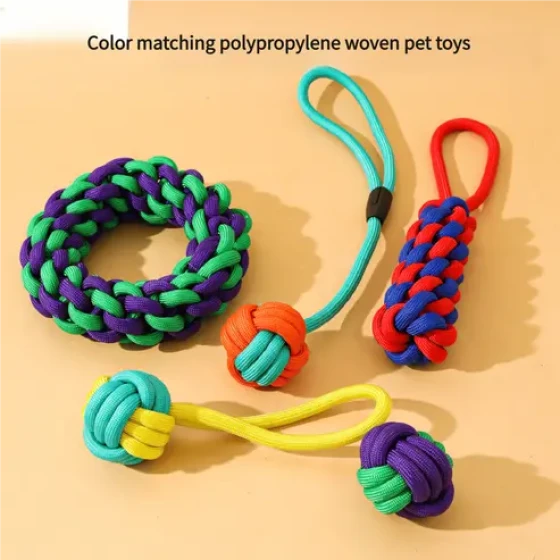How to Deal with Doberman's Picky Eating

Doberman (detailed introduction)
Large dogs grow very quickly during their puppy stage, but the growth rate slows after they reach adulthood. Therefore, for large dogs like Dobermans, breeding during their juvenile period is very crucial. Improper dietary care may lead to poor development or even deformities caused by deficiencies in certain nutrients. So picky eating is also an issue owners need to address promptly. How to deal with Doberman's picky eating, let's discuss it.
When dogs start being picky, most owners first reconsider the dog's food: maybe this dog food doesn’t taste good, so change it. Little do they know after some time, the dog returns to the old habits, and the owner again writes a new diet plan for their pet. This cycle repeats, the owner finally runs out of tricks, but the dog still looks down on the contents in their bowl.
The culprit of dogs being picky is none other than the owners themselves. Many owners, to sympathize and share flavors with their dogs, often feed them whatever they are eating. Whether it’s beef, sausage, chicken, duck, fish, or shrimp... all are saved for the dog. Over time, the dog becomes more experienced with food and develops a higher expectation, naturally sneering at the original dog food. Some owners for convenience put all of the day’s dog food in the bowl at once, letting the dog eat whenever it wants. This is convenient, but the dog thinks it will never be out of food, so it doesn’t respect this non-scarce resource and gradually begins to be picky.
No matter what, prevention is the best method. Developing good eating habits and maintaining them consistently is the best way to prevent picky eating. Feed the dog at fixed times and amounts daily, and limit the eating time to a relatively short period. After meal time, regardless of whether the dog finished or not, take the food away. This creates a feeling for the dog that if it doesn’t eat quickly, it will be hungry until the next meal. Naturally, the dog will not take food lightly. This is also the best way to "rectify" picky dogs.
It is also important to harden your heart and not share human food with the dog. According to current information, human food is definitely many times better in taste than dog food, so once the dog tastes human food, it will decisively abandon dog food. The saying "easy to go from frugality to luxury, but hard to return" applies here; trying to make a dog who has eaten green pepper beef stir-fry and twice-cooked pork fall back in love with dog food is nothing but a fantasy.
Besides the above two points, medications can also improve a dog's picky eating habit. Compound Vitamin B solution is such a drug that has no side effects and is inexpensive. B vitamins promote the metabolism of carbohydrates, proteins, and fats and improve the dog's appetite. Pour an appropriate amount of compound Vitamin B solution into the dog’s drinking water bucket, and after a few days, the dog will clear away the food it usually looks down upon. This kind of "fat water" is easy to buy at any pharmacy.
Of course, not all "picky eating" is a bad thing. When summer arrives, all dogs will reduce their interest in food, showing symptoms of picky eating. This is not true picky eating but the dog regulating calorie intake. For every 10 degrees Celsius rise in temperature, the dog's required calories decrease by 7.5%. Eating less in hot weather is a common phenomenon.
Puppies younger than three months can be fed four or even five times daily; from three to eight months old, they can have three meals a day; dogs older than eight months can reduce to two meals a day. Fully grown adults only need one meal a day. During meals, train the dog to focus on eating. Generally, limit mealtime to fifteen to twenty minutes, after which the food should be taken away and only offered again at the next regular meal time; do not let the dog develop the bad habit of eating whenever it wants or thinking there is always more food later.





